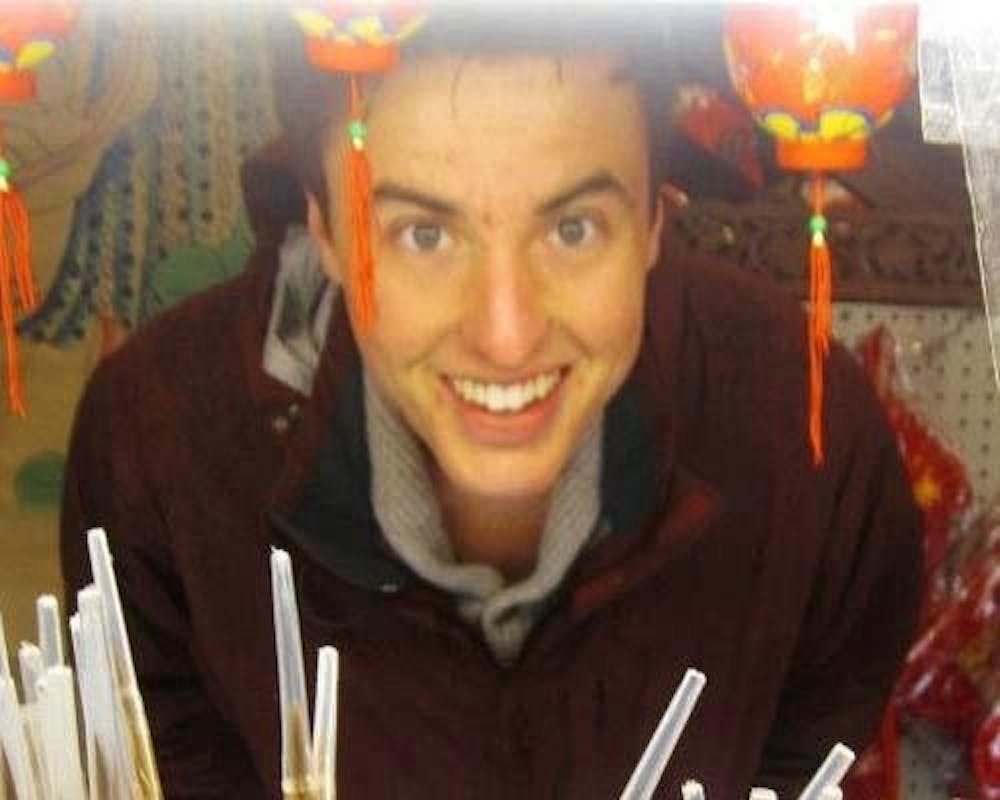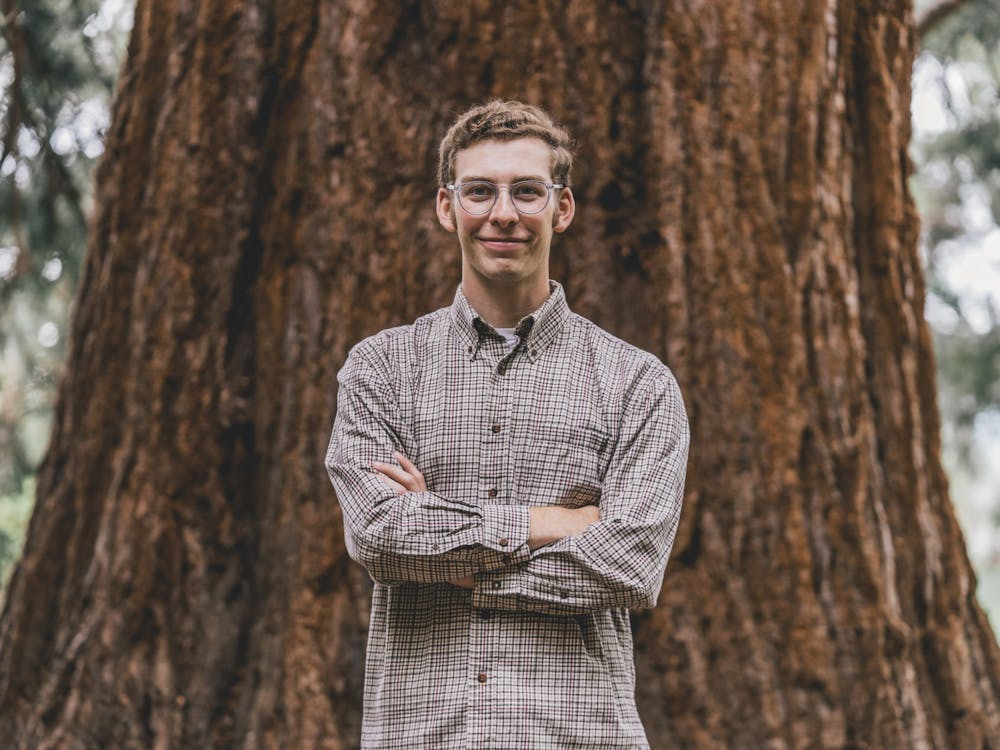Alex Dickinson (The Beacon)
By Alex Dickinson, Guest Commentary
I wasn't planning on admitting to anyone that I had jumped on the "Hunger Games" bandwagon. I'm really not much of a bandwagon guy. I wasn't even planning on jumping on it. But I heard from a very intelligent fan that the novels are quite good and deal heavily with issues of sex and gender. "Sex and gender" sounded academic enough to excuse the bandwagon stuff, so aboard I went.
I found my friend's recommendation to be true; the novel certainly engaged in the charged discussion about sex and gender.Also, I was interested by the way the novel dealt with topics such as class and race.
So naturally, I was excited to see the film adaptation this weekend. Somehow I avoided a line and was able to see it Sunday. I was pleasantly surprised to see the producers represented minorities well in the film. Of the eight main characters, two were played by black actors and one a black actress, when the last census claims that 12.6 percent of the U.S. population is black. In a novel set deep in the future, I thought it was cool that the movie portrayed that majority and minority might not be so unbalanced.
The film is bringing issues of race back to the forefront of public consciousness (Jay-Z and Kanye West's "Watch the Throne," the campaign to not "Re-nig" in 2012, etc.) and the reactions from some are pretty ugly.
After opening weekend, Jezebel.com posted an article titled "Racist 'Hunger Games' Fans are Very Disappointed." The article explains that many viewers of the movie were very surprised to see black actresses and actors playing their favorite characters, and many were disappointed.
Cinna and Thresh were played by black actors and the producers found an excellent talent in young black actress Amandla Stenberg as Rue. Thresh and Rue are described in the novel as having "dark brown skin." Cinna's attractiveness is his only physical feature mentioned in the novel (anyone feel the need to contest Lenny Kravitz's attractiveness?).
The article references the "stomach-churning" responses on Twitter that you can see on the blog hungergamestweets.tumblr.com. They're awful. Several tweeters use derogatory language. In a haunting manifestation of our society's view on purity and innocence, one viewer writes: "Awkward moment when you realize Rue is some black girl and not the little blonde innocent girl you picture."
The article has received a great deal of attention, and most of the people responsible for the racist tweets have shut down their accounts.
The reaction shows, however, that we have a long way to go in terms of ridding society of racism. There is a lot of hate out there, and unfortunately it showed itself in reaction to a media event that has potential to inspire progress and support equality.
Don't worry, I'm not planning on leaving you with a classic "how poignant." What can we do about all this nonsense?!
We need to be aware. Pay attention. Be an advocate.
Don't be afraid to let the entire school know that you jumped on the bandwagon, if you can create some positive change!
Don't write racism off as something that existed years ago because you aren't overtly racist. Don't tell racist jokes ... even if "you don't really mean them."
As Kevin Hannon so eloquently wrote last week, not only does this stuff exist, it's institutionalized. So make an effort to educate yourself on the root causes of these issues and don't be afraid to (respectfully) educate others as well.
Remember that racism isn't the only problem. Sexism and classism are of the same essence. Most of all, we need to live by the understanding that no one can be defined, valued or judged because of an irrelevant biological characteristic.








